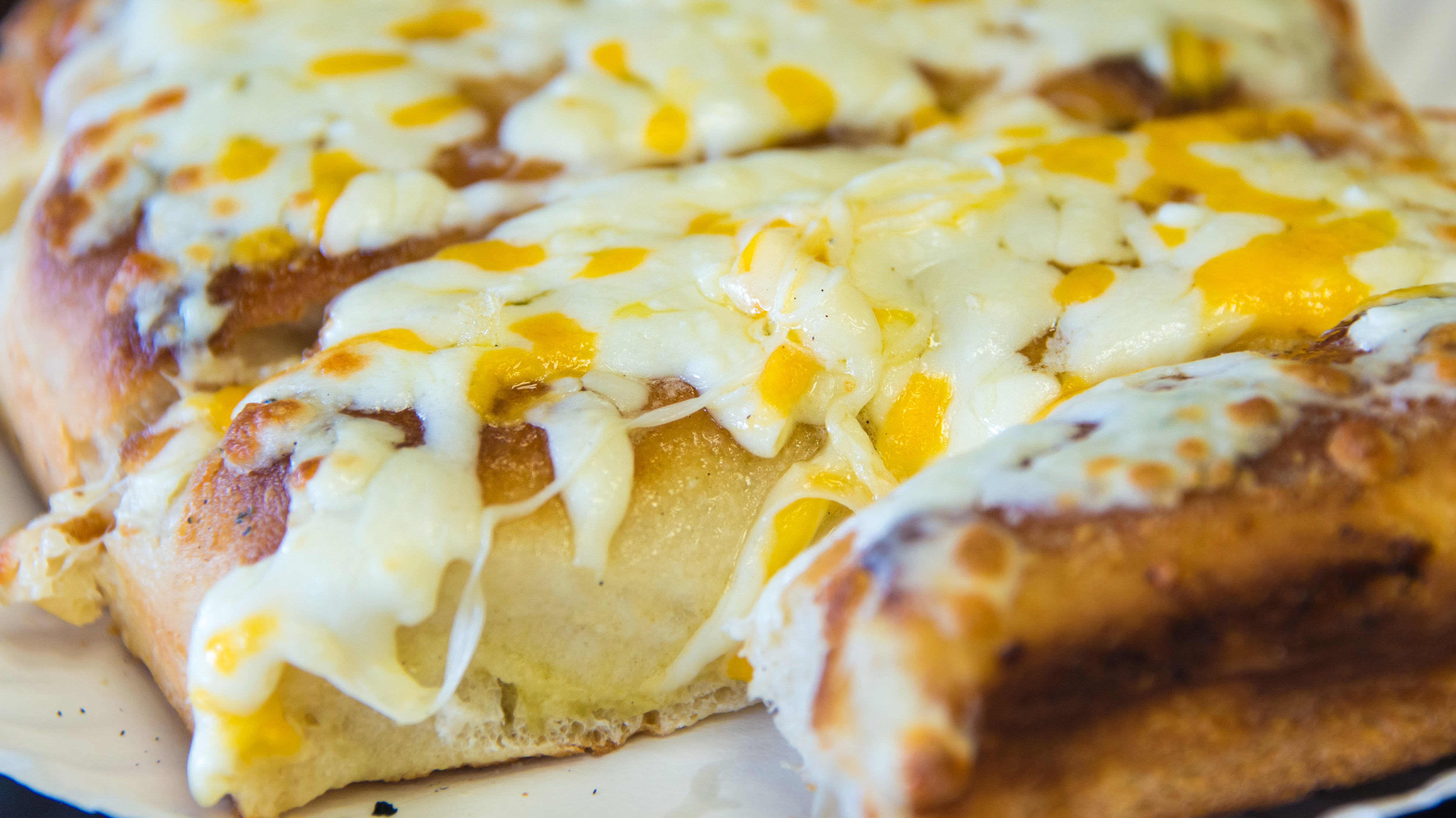Fatty, High-Carb Foods Light Up Your Brain Like Drugs
Doughnuts. Pizza. Mac 'n' cheese. People have jokingly called these foods addictive, but a new study from Yale University indicates that, no seriously, these foods might be stimulating our brains like addictive drugs.
The findings, published this month in Cell Metabolism, blame the glorious combination of carbs and fats for hijacking "our body's inborn signals governing food consumption." Not only were the study's subjects more willing to spend money on high-fat, high-carb foods, but even just seeing photos of these snacks "lit up neural circuits in the reward center of the brain more than a favorite food, a potentially sweeter or more energy-dense food, or a larger portion size."
Subconsciously evaluating the nutrition potential of a certain food is a skill our bodies have evolved since our hunter-gatherer days, the authors note. For much of human history, high-fat and high-carbohydrate foods were rare and nutritionally dense. Combinations of high-fat and high-carb foods (think processed stuffs like snack cakes and frozen pizza bagels) have only developed over the last 150 years, which hasn't given our brains enough time to learn that, actually, these foods aren't nutritionally useful. Instead, when our stubborn lizard brains see those pre-packaged doughnuts, their reward centers light up like pinball machines. A full-text version of the study, quoted by Metro U.K., points to this brain activity as facilitating "the transition to habitual responding as is observed in drugs of abuse."
Researchers theorize that this neural reaction causes a sort of craving that our physiology hasn't yet adapted to. They point to past studies that show rodents given access to just fatty foods or just high-carb foods can maintain their body weights; offered foods that are high in fat and carbs, the rodents gain weight rapidly. My own research with Bagel Bites at 4 a.m. corroborates their theory.
